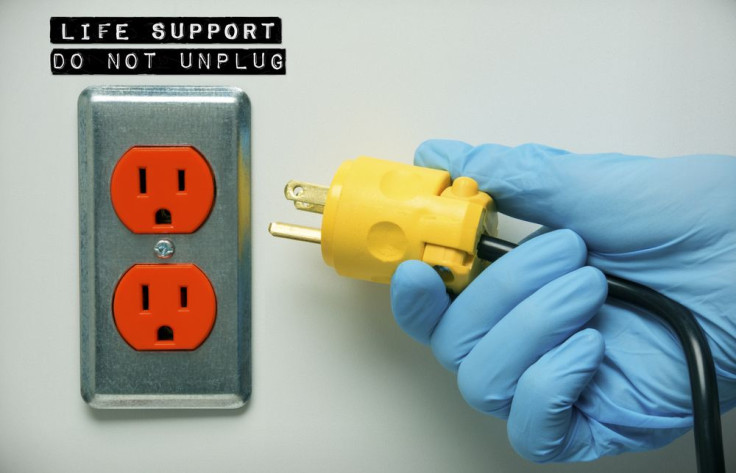Top California Lawmakers Vow To Push Aid-In-Dying Bill

SACRAMENTO, Calif. (Reuters) - California lawmakers on Tuesday reintroduced a bill to legalize assisted suicide that had stalled amid opposition from the Catholic church and disability rights activists, as leaders among majority Democrats vowed to make its passage a priority.
In a move that made clear that lawmakers sought support from Latino Catholics who might be concerned about church opposition, backers of the bill showcased support from top Latino politicians at a news conference on Tuesday, some of whom spoke dramatically in Spanish of the pain and suffering experienced by people with terminal cancer and other illnesses.
"Californians cannot wait any longer," Senate leader Kevin de Leon said.
Labor leader Dolores Huerta, who co-founded the United Farm Workers union with Cesar Chavez, recalled her mother's agonizing death from cancer, which she called "horrific."
Backers of physician-assisted suicide have tried numerous times to legalize it in California, without success.
Last year, the issue burst into public consciousness in California after a 29-year-old cancer patient, Brittany Maynard, moved to Oregon to take advantage of that state's aid-in-dying law.
With polls showing consistent support for such a measure in the most populous U.S. state, Democratic lawmakers introduced a bill after Maynard's death to make it legal for a doctor to prescribe medication for a terminally ill patient to end his or her life.
The practice is opposed by many doctors, who feel they should preserve life, the Catholic church and many conservative religious groups.
Assisted suicide is legal in Oregon, Washington, Montana and Vermont.
Disability rights activists fear disabled people will be pushed to end their lives by insurance companies or relatives who do not want to care for them.
The California bill makes it a felony to pressure someone into physician-assisted suicide. It also forbids insurance companies from sending patients information about aid-in-dying drugs unless the patient has requested it.
After intense lobbying, supporters persuaded the California Medical Association, which had opposed prior efforts, to take a neutral stand, and the bill passed the state senate in June.
But it stalled in the assembly health committee after some Latino Democrats balked amid Catholic church opposition.
On Tuesday, supporters made a political end-run around the committee by reintroducing the measure during a special session called over the summer to deal with healthcare issues.
For the special session the health committee has different members, and the bill is considered more likely to pass.
The bill is opposed by most legislative Republicans.
(Reporting by Sharon Bernstein; Editing by Matthew Lewis)



























